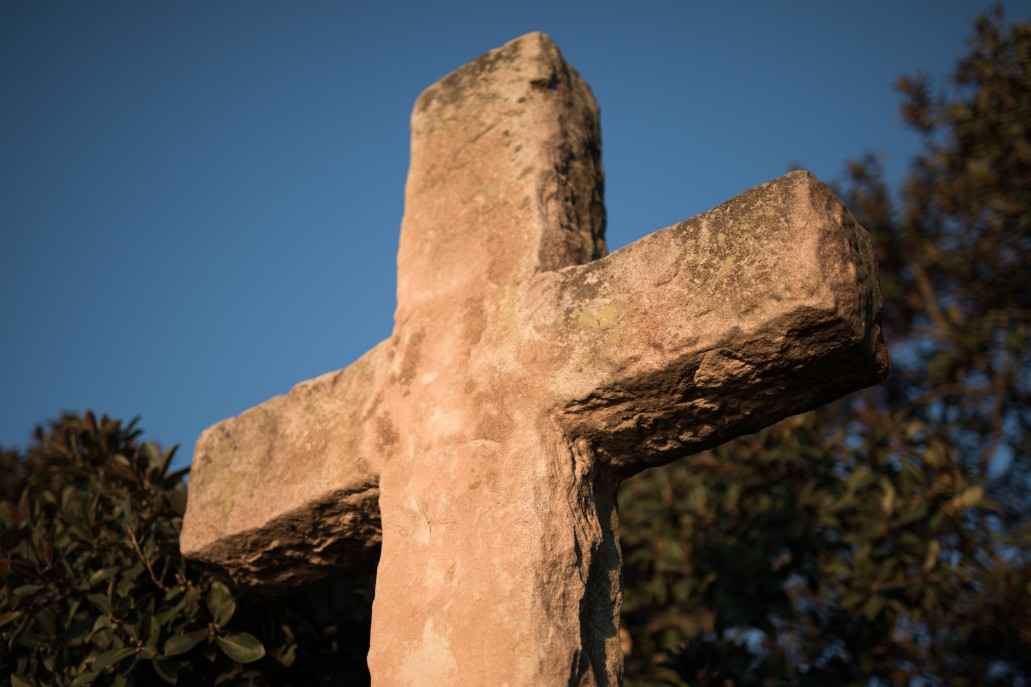Yesterday Gov. Mitt Romney walked into a roomful of wealthy, elite, primarily liberal benefactors and foreign aid advocates to give one of his best speeches so far in the campaign season. The 17-minute address, well worth watching in its entirety, was animated by a foundational insight which Michael Novak first wrote about 30 years ago, in his 1982 volume “The Spirit of Democratic Capitalism”—the central importance of work, trade and free enterprise in the context of long-term sustainability.
We ought not miss how the week’s politics affected the moment. Having being introduced by President Bill Clinton on his home turf (the annual meeting of the Clinton Global Initiative), yesterday’s stakes were high for Gov. Romney. After all, the last time he visited New York City, a leaked remark about the “47 percent of Americans who don’t pay taxes” brought well-deserved political damage to his campaign efforts.
Far better than David Brooks yesterday, Henry Olsen eloquently described in last week’s Washington Post how Romney’s recent remark was “a drift from the true heart of conservatism,” since the best conservative leaders have always profoundly respected men and women from humble backgrounds. Olsen cites President Reagan’s deep, abiding admiration for the one who “goes to work, bucks for a raise, takes out insurance, pays for his kids’ schooling, contributes to his church and charity and knows there ‘just ain’t no such thing as a free lunch.'” The best of us want to experience, and see all our neighbors experience, the full dignity of meaningful work.
It was almost as though Gov. Romney read Olsen’s reflection, for he was back on-mission yesterday. Romney described how Americans comprise 4½ percent of the world’s population but give nearly a quarter of all global foreign aid. We can do so, he said, “because of our free enterprise system, the engine of our prosperity,” which has lifted other nations through trade and investment that gives millions a better life. Romney referenced Arthur Brooks and summarized several core arguments from “The Road to Freedom”—the 22-fold growth in real GDP between 1820 and 1998; the eradication of 70 percent of the worst forms of global poverty in the last four decades; and the power of trade, which helps sustain foreign investment over time.
Fully three decades ago, Michael Novak began his magnum opus by observing, “Of all the systems of political economy which have shaped our history, none has so revolutionized ordinary expectations of human life—lengthened the life span, made the elimination of poverty and famine thinkable, enlarged the range of human choice—as democratic capitalism.”
Tomorrow night at AEI in a lecture entitled “The Joy of Capitalism,” Novak will talk more about the essential elements of democratic capitalism, reflecting upon the interconnectedness of democratic freedom, economic freedom and moral-cultural freedom. Following his address, two Millennial-aged American entrepreneurs will describe how our generation can discover these insights for ourselves. I hope you will join us by tuning in here.



